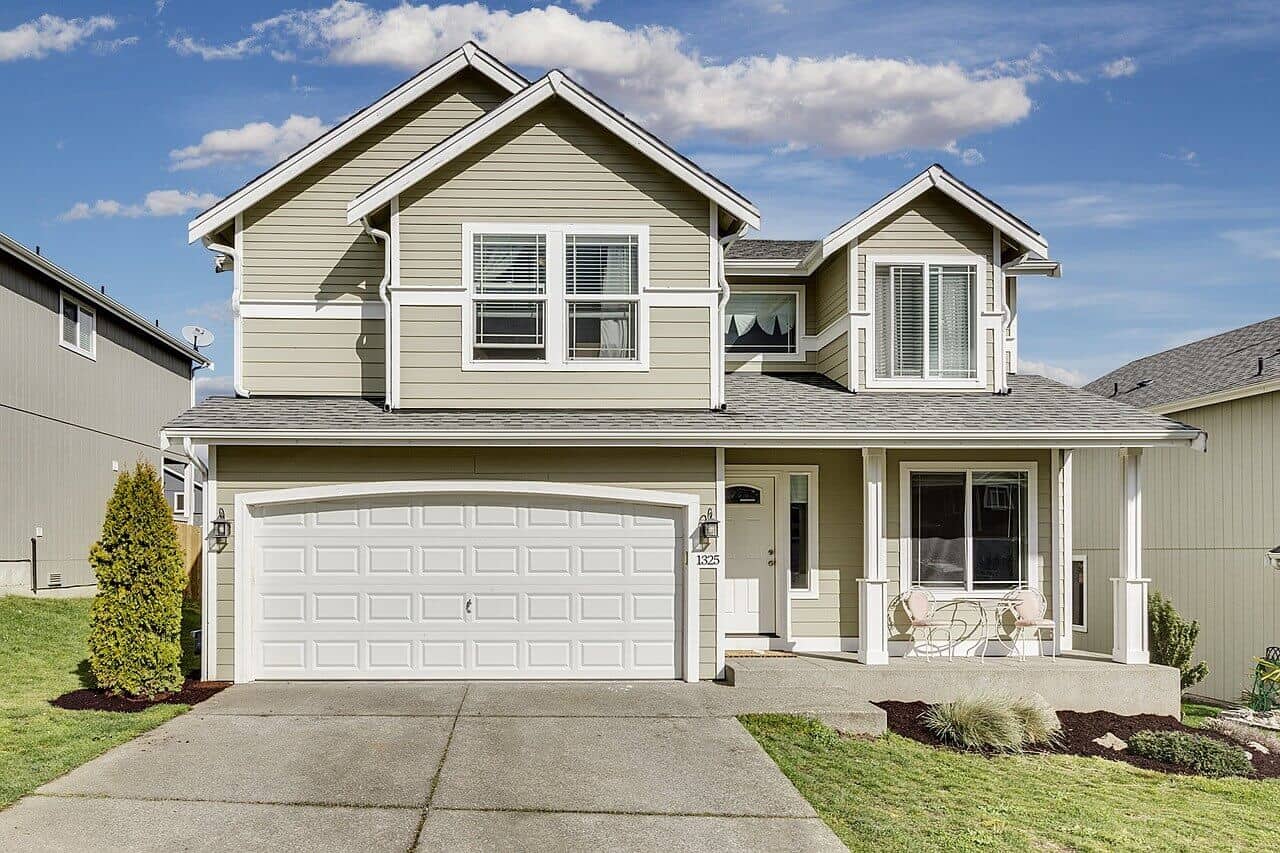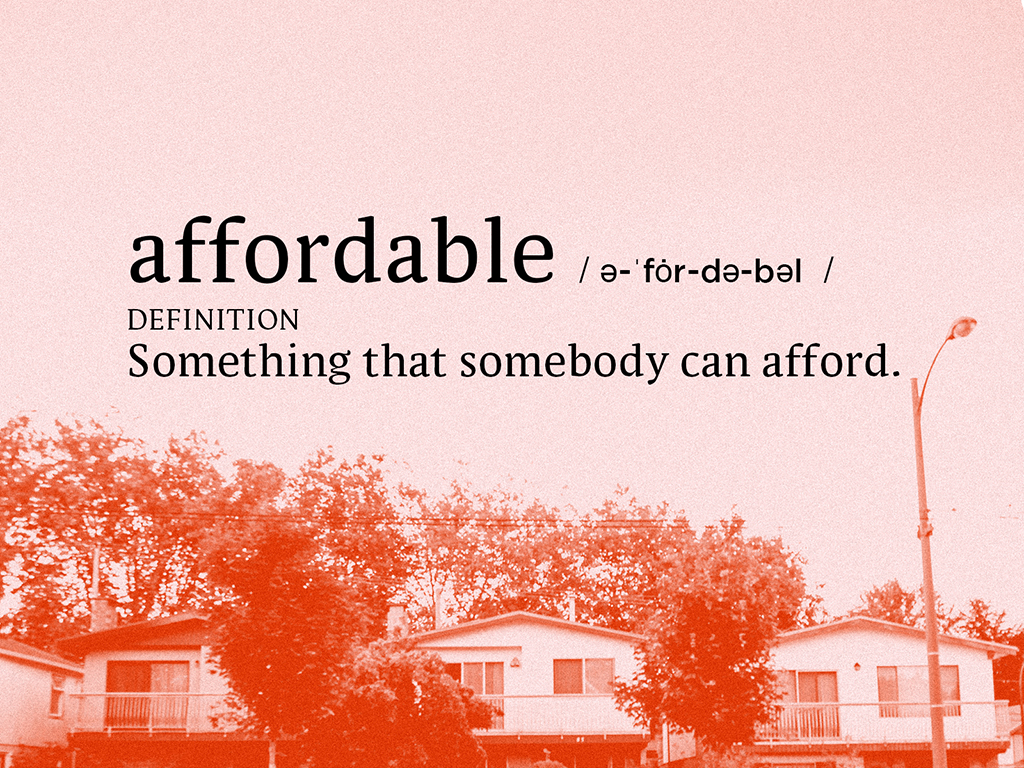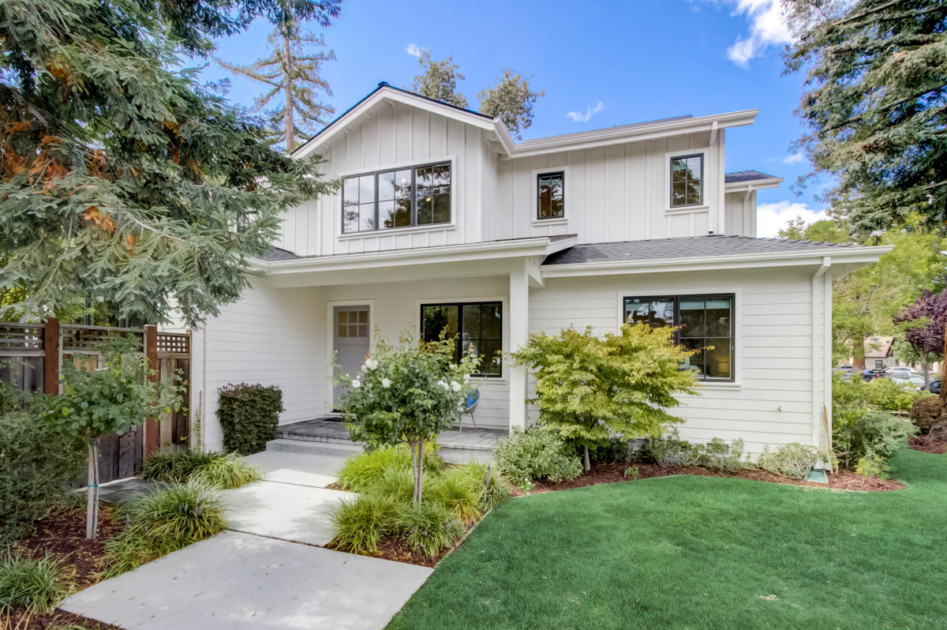
What salary earnings do you need to buy a home in Vancouver in 2024
Leveraging Artificial Intelligence To Enhance Customer Experience

For those dreaming of owning a home in Vancouver, the prospect of affording a house in this expensive market can seem daunting. However, with careful planning and knowledge of the steps involved, it is possible to make this dream a reality.
Familiarizing yourself with the steps involved in buying a house in Vancouver is crucial for several reasons. Firstly, it allows you to understand the process and navigate it confidently. Secondly, it helps you make informed decisions, ensuring that you don’t miss out on any crucial details. Lastly, by understanding the steps, you can set realistic expectations and plan your finances accordingly.
To make the home buying process in Vancouver more manageable, here is a brief overview of the 10-step guide:
By following this guide, you can approach the process of buying a house in Vancouver with confidence and increase your chances of finding a home that suits your needs and budget.

For many prospective homebuyers, the Vancouver housing market can seem daunting, with skyrocketing prices and limited inventory. However, with careful planning and knowledge of the market, it is still possible to afford a house in this beautiful city.
Buying a home in Vancouver requires a significant financial commitment. The average income needed to afford a home in Vancouver and the GVA varies depending on factors such as location and property type. Generally, experts recommend that housing costs should not exceed 30% of your household income.
If you have a high household income, you may have more flexibility in affording a house in Vancouver. However, for those with lower incomes, there are still options available. These include government assistance programs, such as the First-Time Home Buyer Incentive and the Home Owner Mortgage and Equity Partnership program.
To maximize affordability, consider exploring neighborhoods outside the city center, such as Burnaby or New Westminster. Additionally, alternative property types like townhouses or condos can often offer more affordable options compared to detached houses.
In conclusion, while the Vancouver housing market may present challenges, there are strategies and options available to help make owning a home in this vibrant city a reality. By understanding the market, exploring different neighborhoods, and considering alternative property types, prospective homebuyers can navigate the process and find an affordable home in Vancouver.

Saving for a down payment is a crucial first step in the home buying process, especially in a city like Vancouver where housing prices can be high. By having a sizable down payment, you not only reduce the amount you need to borrow, but you also demonstrate financial responsibility to lenders. This can lead to better interest rates and loan terms, saving you thousands of dollars in the long run.
Another important factor in affording a house in Vancouver is having a good credit score. A higher credit score can help you qualify for lower interest rates, making your mortgage more affordable. To boost your credit score, you can start by paying all of your bills on time, keeping your credit card balances low, and avoiding new credit applications. It’s also a good idea to regularly review your credit report for errors and address any issues promptly.
Remember, buying a house in Vancouver may require careful planning and financial discipline. By saving for a down payment and improving your credit score, you can increase your chances of successfully affording the house of your dreams in this vibrant city.

For aspiring homeowners in Vancouver, one of the biggest hurdles to overcome is finding ways to afford a house in this expensive real estate market. Thankfully, there are steps you can take to make your dream of owning a home in Vancouver a reality.
To determine if you can afford a house in Vancouver, you need to consider your income. The minimum income required to buy an average home in Vancouver will depend on several factors, including the cost of the home, the size of your down payment, and your credit score. It’s important to speak with a mortgage professional who can evaluate your unique financial situation and provide guidance on the income level needed to purchase a home in this city.
When it comes to obtaining a mortgage loan, it’s crucial to understand the different types of loans available and the eligibility criteria. Traditional mortgage loans typically require a down payment, good credit score, and a stable income. However, there are also government-backed programs, such as the First-Time Home Buyer Incentive, that can provide assistance to eligible individuals.
Researching and comparing various mortgage loan options, as well as working with a reputable mortgage broker, can help you navigate the complex process and find the best loan terms for your specific circumstances.
Remember, affording a house in Vancouver may require careful planning and financial discipline. But with the right approach, homeownership in this beautiful city can become a reality.

When looking to afford a house in Vancouver, it’s crucial to establish a budget and determine your financial limits. Consider the following factors:
Choosing the right neighbourhood is also important when searching for an affordable house in Vancouver. Take into account the following factors:
Remember, finding an affordable house in Vancouver requires careful planning and research. By setting a budget and exploring neighbourhoods, you can make informed decisions that fit your financial circumstances and lifestyle.

Though buying a house in Vancouver is a dream for many, the high cost of real estate can make it seem out of reach. However, with proper planning and understanding of the process, it is possible to afford a house in Vancouver.
Closing costs are additional expenses that homebuyers need to pay when finalizing the purchase of a property. These costs typically include legal fees, land transfer taxes, title insurance, home inspection fees, and appraisal fees. The total amount of closing costs can vary depending on factors such as the property price and location. It is important to note that closing costs can range from 1.5% to as high as 4% of the purchase price of the property.
Including closing costs in your budget is crucial because these expenses can significantly impact your overall affordability. Failing to account for closing costs can leave you short on funds when it comes time to complete the purchase. By budgeting for these costs from the start, you can avoid any surprises and ensure a smoother and more successful home buying journey.
In conclusion, understanding closing costs and including them in your budget is an essential step when aiming to afford a house in Vancouver. By being prepared and knowing what to expect, you can better plan for your home purchase and make your dream a reality.

It’s crucial to establish a maximum affordable home purchase price before diving into the world of property search. Setting a budget will help you focus your search and avoid wasting time on properties that are beyond your financial reach. Consider your current income, expenses, and savings to determine a realistic price range. This will ensure you don’t end up house poor or burdened with a mortgage you can’t comfortably afford. Remember to factor in additional costs such as property taxes, insurance, and maintenance expenses.
Remember to stay patient and persistent during your property search. Finding a house that fits both your budget and preferences in Vancouver may require some time and effort, but it will be worth it in the end.

Source: images.dailyhive.com
Looking to afford a house in Vancouver? Here’s a summary of the key strategies to help you achieve your goal:















